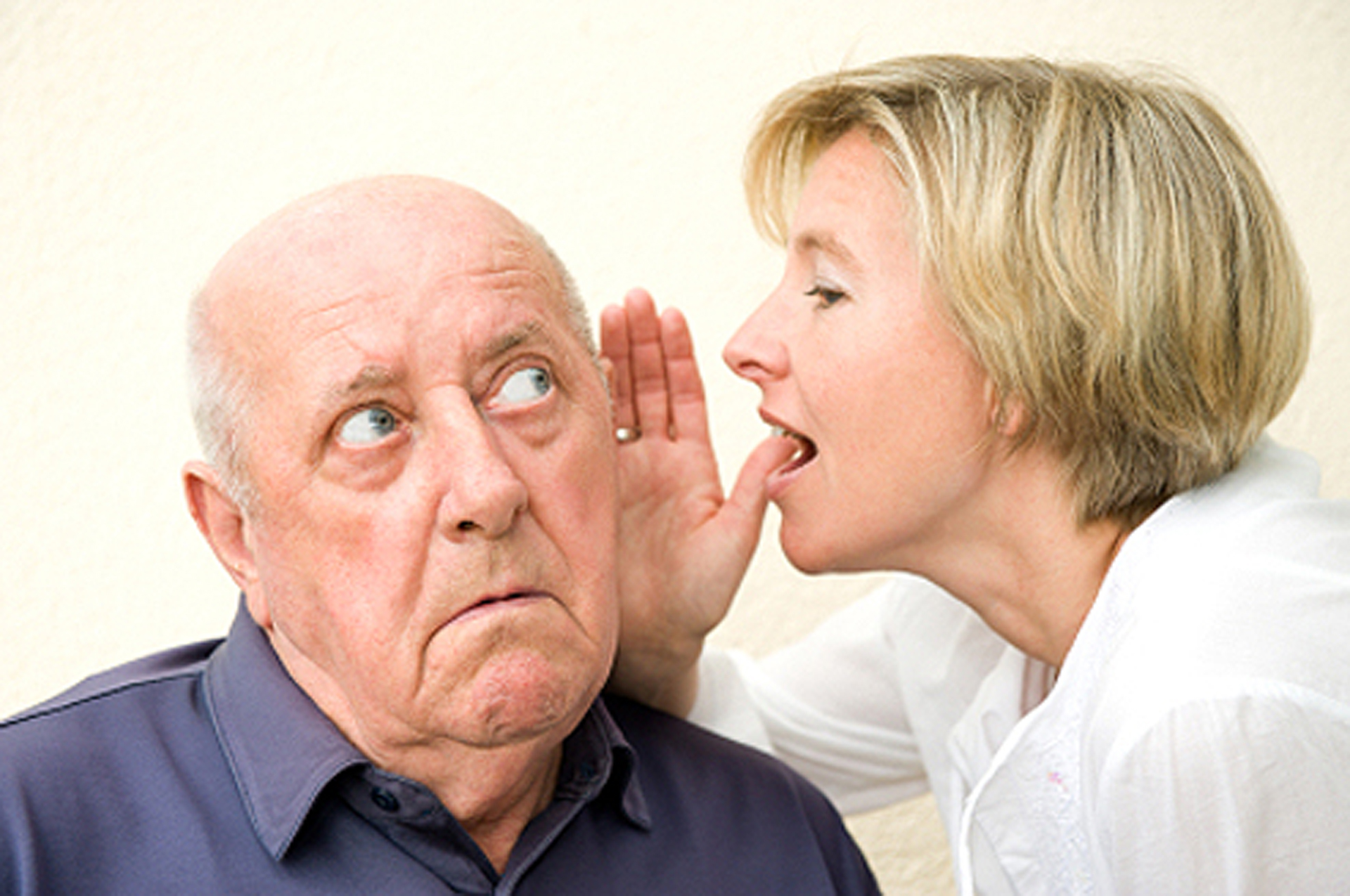Presbycusis is the progressive loss of hearing associated with aging. It can lead to social isolation of the elderly, although its consequences can be minimized with the use of hearing aids.

The treatment of presbycusis is currently based on hearing aids or hearing aids. There is no pharmacological treatment that can regenerate the aged structures of the ear or the brain areas affected in the process. Some vasodilator and antiplatelet drugs can be used in order to improve the blood supply to some areas of the ear or the cerebral cortex, and in some cases they can improve symptoms such as ringing or tinnitus.
Hearing aids are the element that can avoid the isolation of the older adult with presbycusis.
For this it is also necessary that the elderly recognize the problem, and adapt to this device.
The type of hearing aid will be chosen based on the characteristics of the audiometry that has been performed, the age and the economic budget of the patient.
To facilitate adaptation to the prosthesis, a partial placement during the day may be recommended initially, to progress to permanent use.
It is also important to consider auditory rehabilitation, with vocal training by speech therapists and speech therapists to recover the understanding of words and hearing.
Cochlear implants can be a resource in individuals with presbycusis with poor adaptation to hearing aids or poor effectiveness of these because it is a particularly severe presbycusis.
The collaboration of the environment is crucial. We must make an effort to help our seniors stay connected to a conversation by using correct pronunciation, maintaining an easy-to-follow rate of speech, and allowing lip-reading if necessary.








